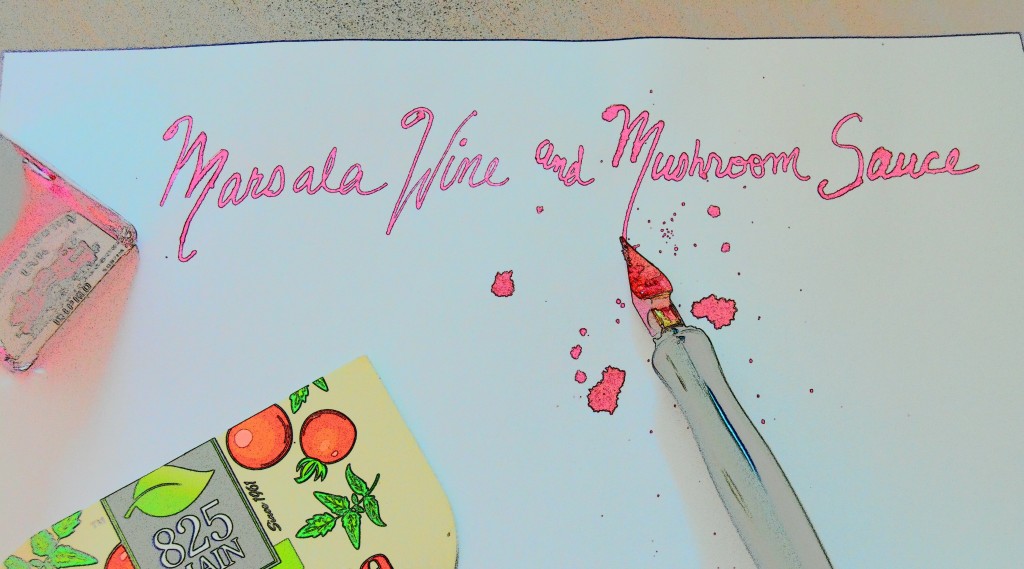
“In the early years my brother and I conversed only in Italian. In fact all of the cousins that resided in the apartments over the restaurant spoke only in Italian! What is weird is that I remember watching TV and cartoons like Felix the Cat! My favorite! I must have known what they were saying since I remember enjoying it so much. By the time I started kindergarten I still couldn’t speak any English, yet I understood English enough to know that my classmates were making fun of the fact that I couldn’t speak English!
Our parents, Italian immigrants, were only a few years in America when they decided to open up an Italian restaurant. It was very important for them to preserve their Italian heritage. And one way was to make sure their American children spoke fluent Italian. While my dad was here with 2 of his 5 siblings, my mom immigrated here with her parents and 6 siblings. Socializing was only with our huge Italian family. The only English we were privy to was what we watched on television and the rare occasions we were allowed in the restaurant! But once I started kindergarten everything changed. I was the pioneer who brought English into the house and spoke with all of my younger cousins. I was reprimanded many times!! What is very funny is that as I became more fluent in English, I started realizing the words I thought were Italian weren’t really Italian. They were actually English with an Italian twist. I am laughing to myself as I remember all of this. You see as much as we were isolated from English speaking Americans we were also isolated from proper speaking Italians! As our parents worked in the restaurant, English words became part of their vocabulary. Those English words morphed into Italian words either because of their thick accents or because they knew no other way to pronounce them. Unbeknownst to my brother, my cousins and I, those morphed Italian words were not authentic Italian. Thank goodness our parents took us to Italy every summer so we could “tune up” our Italian.
As much as our Italian suffered our English did not! Our parents were astute enough to know that they could never teach their children English. We only spoke Italian at home so we never got confused. We all learned proper English from school. Although I did end up having some remnants of only speaking Italian in the early years. My biggest handicap was trouble with the “TH” sound. It sometimes came out sounding like a T. It was my 4th grade teacher Sister Mary Regis who insisted that I learn to properly pronounce the “TH” sound. My mamma went to school explaining that I had trouble with it because we spoke Italian at home. Sister Mary Regis told my mom that it was not a good excuse and that it was mandatory that I learn to pronounce “TH” sound properly. I soon overcame my problem with “TH”! But every now and then if I have to put thumb and tongue or thong and tong in the same sentence I get all tongue tied. There is one Italianglish word, which has lingered from my years living on top of the restaurant that my own children get hysterical about. It’s the way I say sandwich. I have the worst time pronouncing that word in proper English! I used to think that sanguiccio was the word for sandwich in Italian. It wasn’t until years later that I realized that it was really just sandwich said with an Italian accent. I still catch myself saying sangwich. On second thought I don’t even know I am doing it! It is my children who love to point out to me that I say “sangwich”. My sister reminded me of the word frontaruma, she said it wasn’t until her 20’s when it dawned on her that frontaruma was not Italian but the English word for front room (1960’s word used for living room!!).
Don’t get me wrong I can easily go to Italy and understand most everything and can make myself understood by the Italians. I am very conscious of when I get a blank stare I know that I just used an Italianglish word. But I have noticed that the Italians in Italy also use English words in their everyday vernacular. For example, hamburger is an English loan word in the Italian language. It’s a masculine noun that’s the same in the singular and the plural. It’s pronounced ‘AHM-boor-ghehr’.”
